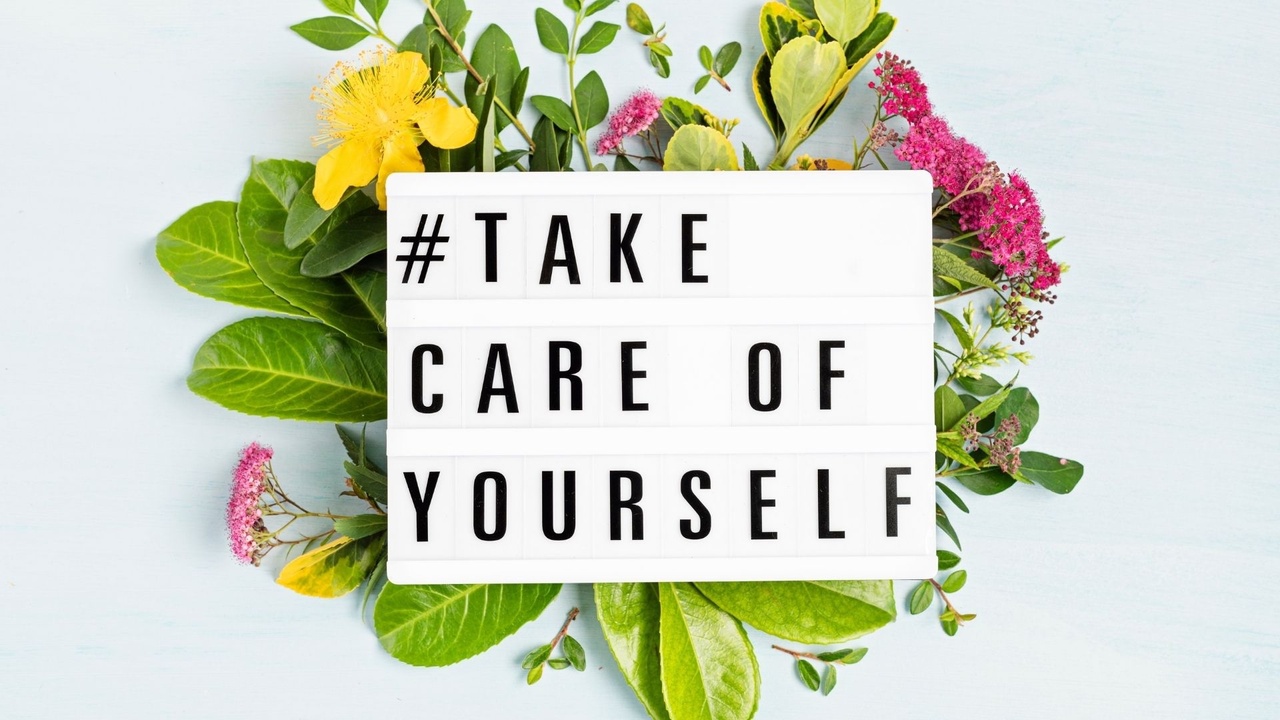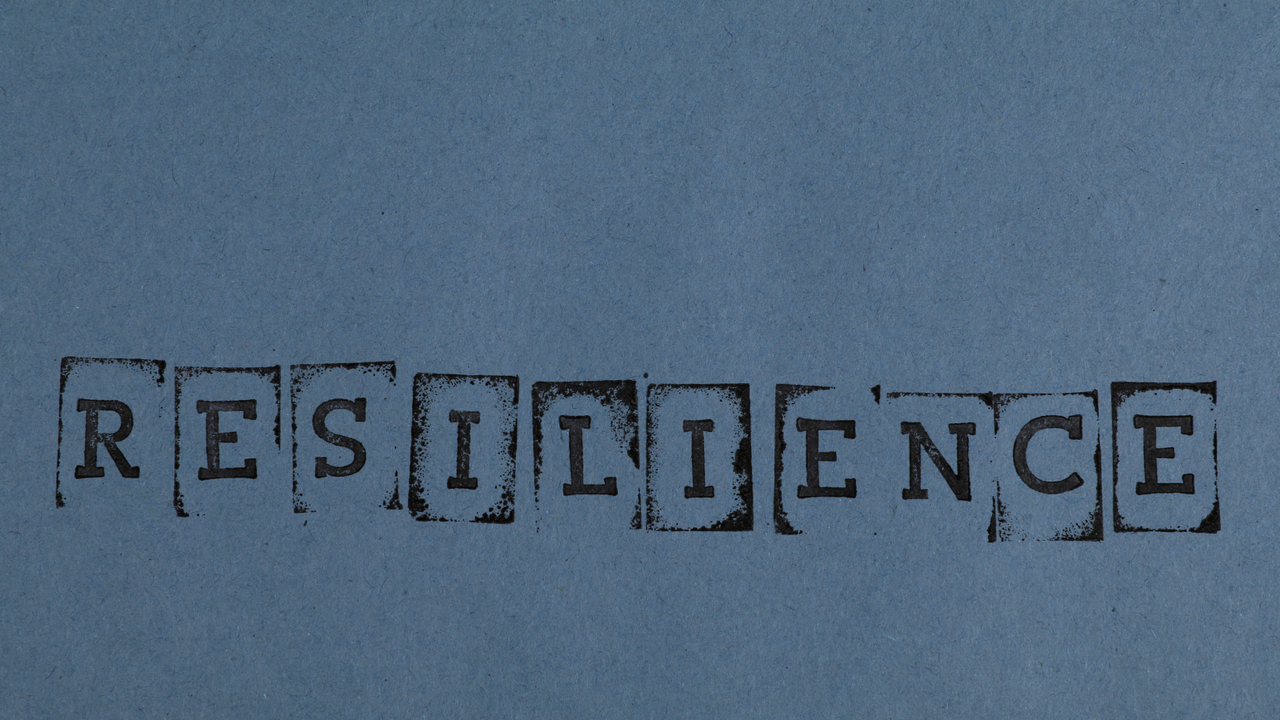Why Failing to Prioritize Recovery is Impacting Your Mental Health: Part Three

If you haven't tuned in to Part One and Part Two of this Series I recommend starting there.
Part One: The role of the Nervous System in both Mental Health and recovery
Part Two: The link between Recovery and Mental Health
But the impact of failing to prioritize recovery will also be a foundational piece of how an athlete performs.
Impact on Performance
For those of you who have gotten this far, THANK YOU. But alas, we have one more element to also consider.
Performance.
Although I believe that there is NOTHING more important than the overall well being of an athlete, I also know that sport is competitive. Although we are moving in the right direction with mental health in sport there are still MANY athletes and coaches who prioritize performance and winning over overall health.
Performance is a critical piece to sport. But mental health is the foundation for performance.
Many athletes come to sport with goals and aspirations. The majority of athletes I work with w...
Why Failing to Prioritize Recovery is Impacting Your Mental Health: Part Two

If you are just tuning in make sure to go back and read Part One. This will give you look at how the Nervous System is going to be central to both Recovery and Mental health. Now let's look at the link why we cannot talk about Athlete Mental Health without thinking about Recovery.
Recovery and Mental Health
Now lets see WHY an athlete needs to be prioritizing and making MORE of an effort to make this intentional down SHIFT in their nervous system after recovery. This is where we begin to link Recovery and Mental Health.
Have you ever looked at a typical college athlete’s life?
If not, let me paint a picture for you:
- Training every day (1 off day mandatory —- is it ever really off?)
- Many teams lift in season so add at least 1 lift (maybe more) on top of training
- Anywhere from 1-2 games per week (baseball is an anomaly)
- Outside of practice film review or individual sessions with coaches
- Team activities, community service, team bonding: things that many teams fac...
Practice Self Compassion

“The motivation of self compassion arises from love, while the motivation of self criticism arises from fear. Love is more powerful than fear.”
-Krisin Neff
Self Compassion is hard and it is very counterintuitive to how we typically operate as humans. Simply put, we’re a negative species. We have a negativity bias that serves us well up until a point. Oftentimes what happens when we face rejection or failure our self criticism kicks in. It can be quite addictive and spark a spiral of very critical self talk and rumination. If we failed it means we did something wrong so let’s beat ourselves up so that we can be better next time. If we get rejected, let’s critique ourselves as to WHY we weren’t enough.
Been there. Done that. It doesn’t work. In fact it makes things infinitely worse.
Especially in sport, there is definitely an attitude that if we fail we need to get back to the drawing board so we can figure out how to NOT fail again. Many people believe that being self critical ...
Drop the Judgment.

Here is a common human experience: We have a feeling or emotion. We don’t like it or judge ourselves for said feeling or emotion.
I can’t tell you how many times I have gone through failure and rejection and then beat myself up because I am taking it so hard.
Running dialogue:
“I shouldn’t be this sad”
“It’s not that big of a deal”
“I should be over this”
“It shouldn’t bother me”
“I should be more positive”
Anybody been there? We place so much judgment on how we think and feel. We are a judging species and although we will never NOT judge we can help ourselves out.
In his book “Wherever You Go There You Are,” Jon Kabat-Zinn describes what it might be like to not judge. “Imagine how it might feel to suspend all your judging and instead to let each moment be just as it is, without attempting to evaluate it as “good” or “bad”. This would be a true sillness, a true liberation” (page 55-56). This is what Mindfulness is all about and what we mainly try to accomplish in a mor...
Self Soothe and Self Care

Self Care. What a buzz word these days.
The National Institute of Mental Health (2020) defines self care as “taking the time to do things that help you live well and improve both your physical health and mental health.”
But to me that doesn’t really give us a direction for our self care. What does self care mean?
With COVID especially there has been a shift and A LOT of talk about self care. It’s no surprise that when we are dealing with hard things we NEED to take care of ourselves. In speaking with one of my closest friends last week about what I am going through she mentioned that “we have to have heightened self care when things are tough.”
Failure and rejection are tough.
But at the same time I feel like we’ve morphed self care into many activities, “acts of love” and pampering that aren’t actually taking care of ourselves. Great example, pouring yourself a glass of wine or making yourself a drink at the end of a long day has people hashtagging #selfcare left and right. ...
Process Your Emotions and Feelings

“If we don’t express our emotions, they pile up like a debt that will eventually come due.”
-Marc Brackett, PHD
Feel all the Feels.
We get clear on WHAT we’re feeling and we accept what we’re feeling but we have to actually do the feeling.
Unfortunately this is where more often than not we have to sit with our emotions and discomfort and allow time to heal. So. Freaking. Hard. But I promise this is THE only way.
Being Well with Dr. Rick Hanson and Forrest Hanson is an incredible podcast that I highly recommend. In a recent episode on navigating failure they described how the sooner we attend to our feelings when we face failure and rejection the better. Why? Because this is what both the mind and the body need. In order to move through and “regulate” our emotions in an efficient way we have to honor them and give ourselves permission to feel however we are feeling. Easier said than done.
One thing that can be incredibly helpful with this process is asking yourself WHE...
Accept What Is. Notice Resistance.

“The attempt to escape from pain, is what creates more pain.”
Gabor Mate
Accept vs Resist.
Let’s start with Resistance to our experience.
As Kristin Neff and Christopher Germer explain in their book The Mindful Self Compassion Workbook (2018) “what we resist, persists.”
What does it mean to resist our experience? We run from our emotions. We don’t like our experience. We deny our experience. We avoid, numb and block out what we actually feel. For me, resistance can look like trying to “rationally” or “logically” explain my way out of a feeling. Oftentimes I find myself adding more things than I can count to my schedule and running on “go go go” mode so that I don’t have TIME to stop and feel. I find myself avoiding being alone because when I am alone that means I actually have to be with myself and my feelings. I get irritated, I’m on edge and I find myself getting frustrated with simply having emotion. It’s all resisting.
We resist because feeling is hard. It is incr...
Get Clear on Your Emotions and Feelings

“Naming or labeling difficult emotions helps us disentangle or unstick from them.”
-Kristen Neff and Chris Germer
When it comes to failure and rejection there is a whole shit storm of emotion and feeling. It’s worth it to understand how greater society influences HOW we navigate emotion and how that might play into the experience of rejection and failure. Although our society has made progress we still very much view emotion as weak. Many people grow up in families that don’t talk about feelings at all. When it comes to failure and rejection, more often than not (particularly in sport) the message is to reflect, learn and then put your head down and get back to work. There is a time and place for that depending on the scenario, but this is missing a huge and MASSIVELY important part of how we process the emotion that comes with failure and rejection.
Processing emotion is hard. It’s uncomfortable and it can take time. But to be human means we will always have emotion.
Th...
Navigating Rejection and Failure. A Series.

“Success is not final, failure is not fatal: it is the courage to continue that counts.”
- Winston Churchill
“Today’s rejection may become tomorrow’s acceptance.”
― Ehsan Sehgal
Everyone deals with rejection and failure.
This is something we sign up for the day we are born. We face it almost everywhere we go, yet somehow, I’m not sure it ever gets any easier.
It’s important to note that failure and rejection are for the most part subjective. You may look at an experience and feel like you've failed, while someone on the outside looking in may view your experience as a win. I’m not here to debate what failure and rejection are and what they are not. It’s an individual experience that we will ALL face and feel and it’s hard.
As a former athlete playing at a highly competitive DI program, I faced rejection almost every day on and off the field. As a former college coach I remember countless attempts to handle situations with players or my other coaches that failed miserably....
Redefining Resilient

By definition, resilient means:
- A person / animal able to withstand or recover quickly from difficult conditions (adj)
- Similar: strong, tough, hardy
- Substance/Object able to recoil or spring back into shape after bending, stretching, or being compressed
- Flexible, pliable, supple, elastic
In sport specifically we take this to mean being tough, having grit and being persistent. All good things in order to play competitive sport. These are almost precursors for being able to make it at the elite level. However what I think has happened is that athletes often try to embody this same toughness, grit and strength off the field when navigating all that life throws at them. These qualities along with constantly finding a positive attitude or finding the good in every situation (even when tragedy strikes) is what makes us resilient. This is what gets us through tough stuff, right?
Wrong.
Being resilient is less about being tough and more about being kind.
I am some...

